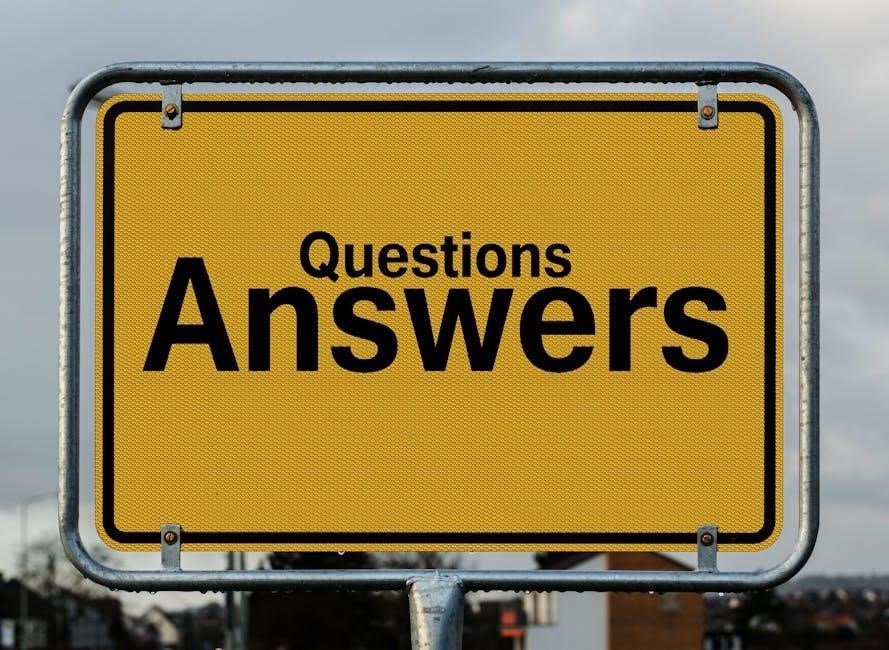Understanding the Role of a School Counselor
To understand the role of a school counselor, it is essential to recognize the various responsibilities and duties that come with the position, including providing support and guidance to students, parents, and teachers.
School counselors play a vital role in the educational system, and their primary goal is to help students achieve academic success and personal growth.
They work with students of all ages and backgrounds, addressing their unique needs and challenges, and developing strategies to promote social, emotional, and academic development.
By understanding the role of a school counselor, individuals can better prepare for a career in this field and provide effective support to students and the school community.
The American School Counselor Association provides resources and guidelines for school counselors, including interview questions and answers, to help them prepare for their role and stay updated on best practices.
Overall, understanding the role of a school counselor is crucial for providing effective support and guidance to students and promoting a positive and productive learning environment.
This understanding can be gained through various resources, including school counselor interview questions and answers pdf guides available online.

Common School Counselor Interview Questions
Preparing for a School Counselor Role
To prepare for a school counselor role, it is essential to research and understand the responsibilities and challenges associated with the position. This can be achieved by reviewing school counselor interview questions and answers pdf guides, which provide valuable insights and tips for success. By studying these guides, individuals can gain a deeper understanding of the skills and qualities required to excel in the role. Additionally, practicing responses to common interview questions can help build confidence and improve communication skills. Many online resources offer sample interview questions and answers, as well as strategies for managing emotions and challenges in the school setting. By utilizing these resources, individuals can develop a comprehensive understanding of the school counselor role and prepare themselves for a successful interview. Furthermore, understanding the unique needs and challenges of students in different age groups and backgrounds is crucial for effective preparation. Overall, thorough preparation is key to securing a school counselor position.

Developing Confidence and Insight for the Interview
Top 10 Interview Questions with Expert Answers
Connecting with Students’ Needs and Making a Strong Impression
Strategies for Managing Emotions and Challenges
School counselors use various strategies to manage emotions and challenges, including remaining calm and composed in difficult situations, using active listening skills to understand students’ concerns, and developing effective communication plans to address student needs.
They also employ problem-solving techniques, such as identifying problems, generating solutions, and evaluating outcomes, to help students overcome challenges and achieve their goals.
By using these strategies, school counselors can create a positive and supportive learning environment that promotes student success and well-being, and they can demonstrate their skills and expertise in managing emotions and challenges during interviews, using school counselor interview questions and answers pdf guides as a resource.
These guides provide valuable information and tips on how to answer common interview questions, including those related to managing emotions and challenges, and how to showcase their skills and experience in this area.

Sample Interview Questions from the ASCA Website
Answering Questions from an Elementary, Middle, and High School Perspective
School counselor interview questions and answers pdf guides offer valuable insights into responding to questions from various school levels, including elementary, middle, and high school settings.
By reviewing these guides, school counselors can develop a deeper understanding of how to respond to questions from an elementary, middle, and high school perspective, ultimately enhancing their ability to support students and succeed in their role.
With these guides, school counselors can confidently answer questions and demonstrate their expertise in supporting students across different grade levels, from elementary to high school, and provide effective counseling services.

